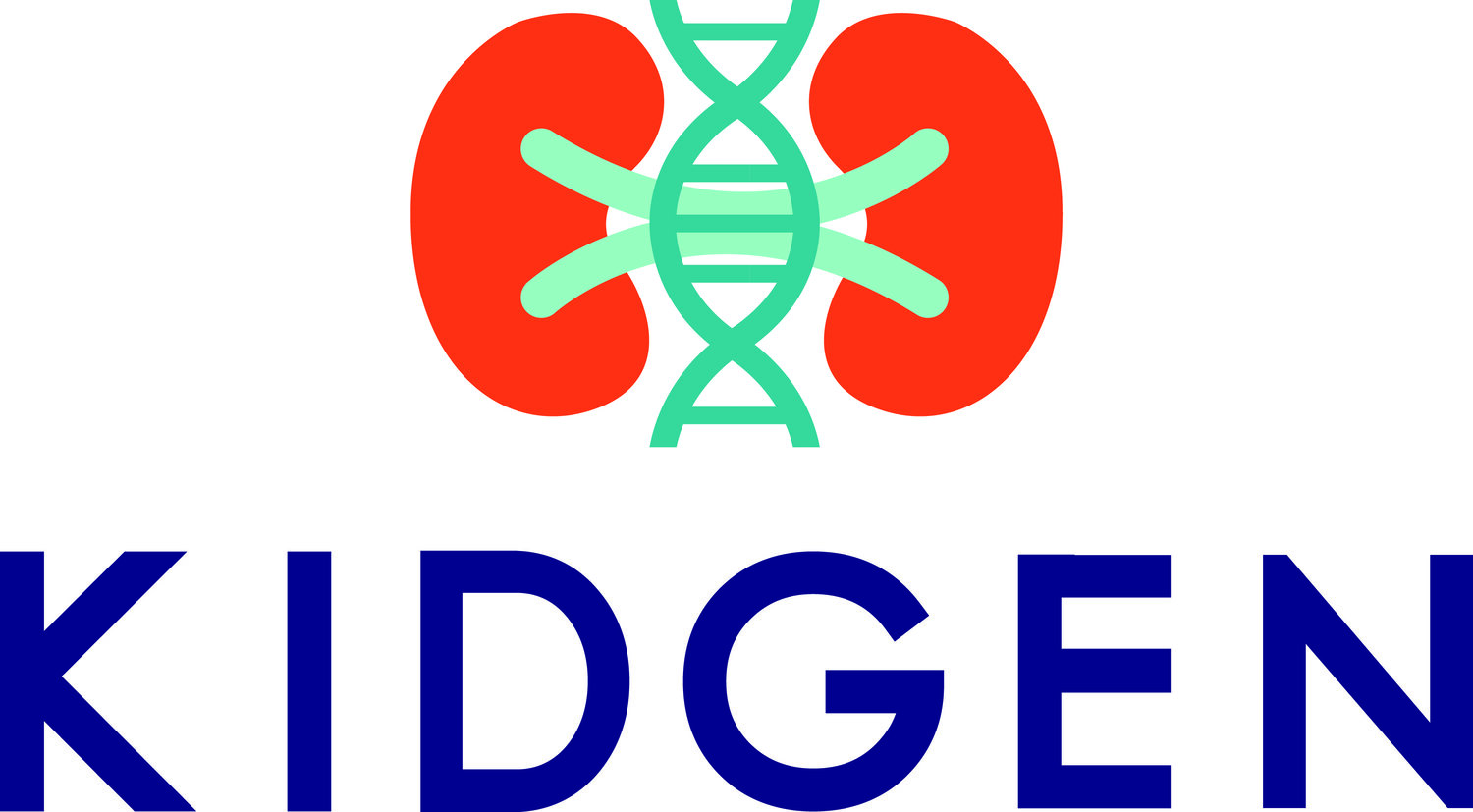Genetic testing offers another important avenue of diagnostic work up for patients with an unknown cause of chronic kidney disease (CKD). CKD of unknown origin accounts for up to a third of all cases with adult-onset CKD and genomic testing has demonstrated diagnostic yields of between 12 and 56%⁶⁸. Higher diagnostic yields are observed in cases with a positive family history, younger onset of CKD, the presence of extrarenal features and congenital/cystic disease phenotypes⁶⁸.
Genetic testing is recommended in patients under the age of 50 years with severe CKD/end-stage kidney disease where non-genetic causes such as acute nephrotoxicity, diabetic nephropathy and infectious nephropathy have been excluded.
For this patient cohort, genetic testing is recommended prior to renal biopsy as supported by data from a Dutch study, where 43% of biopsies added no diagnostic value and could have been avoided if genetic testing had been performed as a first-line test⁶⁹.

